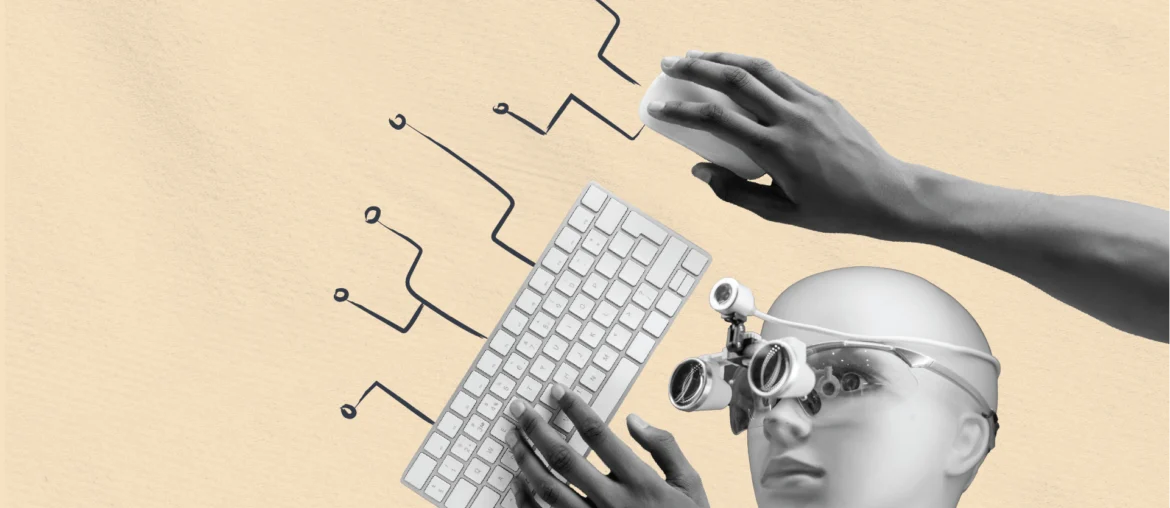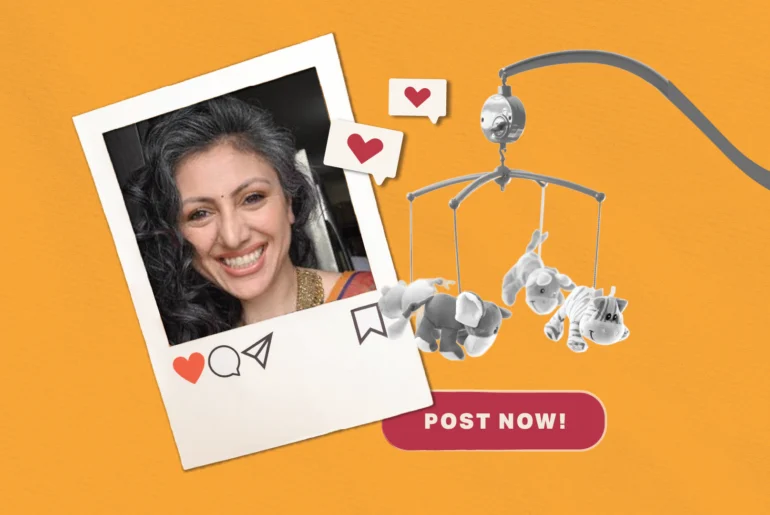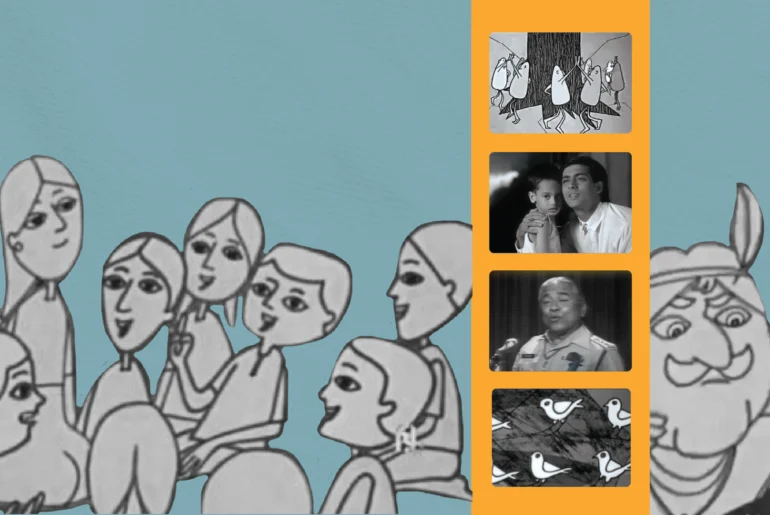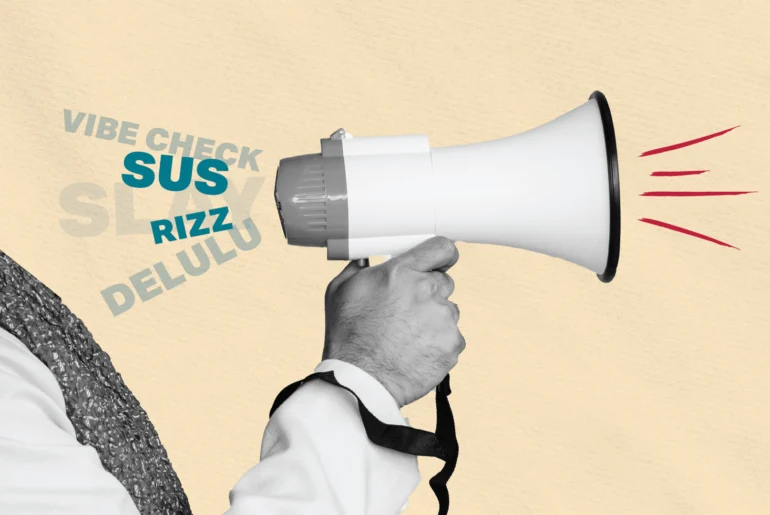In the dynamic realm of artificial intelligence, midlife professionals stand at the inflection point of technological innovation and professional adaptation. Their engagement with the AI landscape is not a monolithic experience. It is a rich, complex narrative of individual and collective responses.
The Four Archetypes of AI Adaptation
1. The AI landscape sceptics: Guardians of tradition
Sceptical mid-lifers approach AI with a discerning and critical lens. The root of their resistance is in a deep-seated commitment to established professional methodologies and a genuine concern about technological reliability. Confront them with AI’s potential, and they are likely to exclaim, “These robots are trying to replace us!”
Some of the key characteristics of the sceptics include prioritizing human expertise and judgment, questioning technological reliability and ethical implications and a demand for rigorous proof of AI’s effectiveness.
2. The fear mongers: Prophets of technological apocalypse
Driven by a profound anxiety about technological displacement, this group views AI as an existential threat to human professional identity. Their narrative is dramatically apocalyptic, often punctuated by the proclamation: “This is how humanity ends!”
The psychological landscape of this category often reflects a deep-seated fear of job obsolescence, concerns about human expertise erosion and a tendency to catastrophize technological advancement.
3. The early adopters: Technological enthusiasts
These tech-savvy mid-lifers represent the vanguard of the AI landscape. Characterized by their enthusiastic exploration and understanding of AI tools, they are likely to be heard saying, “Have you checked out ChatGPT? It has answers to everything!”
Some of their defining traits include being highly informed about technological capabilities, viewing AI as a collaborative tool and regarding AI as an opportunity for professional enhancement.
4. The AI landscape reluctants: Pragmatic survivors
Representing the largest demographic, these mid-lifers integrate AI with a pragmatic survival instinct. Their approach is best summarized by their resigned mantra: “I’m doing this because I have to, not because I want to.”
Their survival strategy often includes recognizing AI’s professional inevitability, integrating tools grudgingly and comparing AI adoption to necessary but unpleasant experiences like a root canal.
Midlife professionals are not passive recipients of technological disruption but active negotiators of change. Their diverse responses represent a microcosm of broader societal adaptation, reflecting individual and collective strategies for navigating unprecedented technological transformation.
PS: This article relied heavily on an AI tool, guess that puts us in the Early Adopter bracket. What about you?




